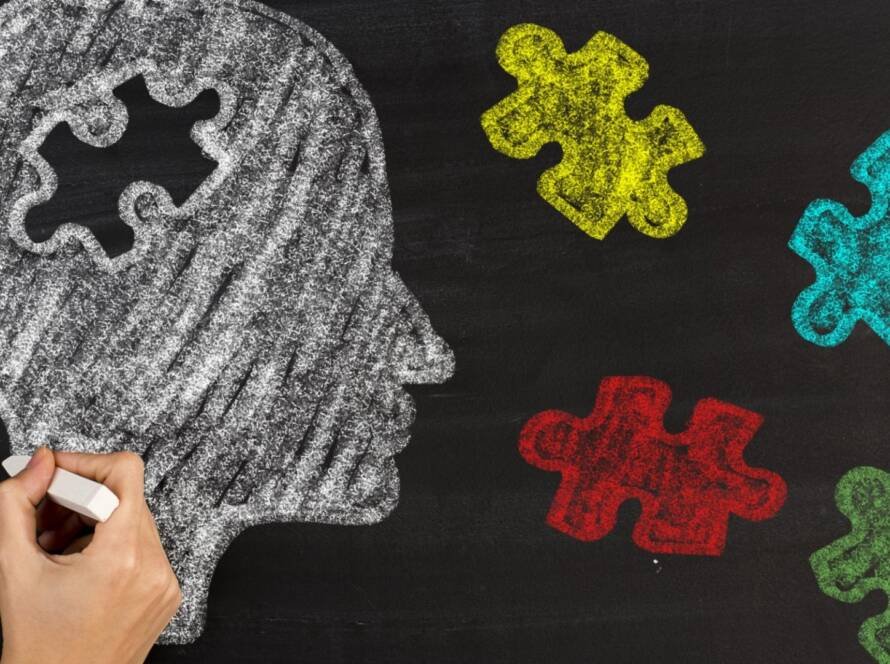Psychological impact of domestic abuse on women’s mental health
Women suffering from domestic abuse cross the line that defines women’s mental health and suffer from psychological problems. In abusive relationships, the situation that a survivor goes through entails mental challenges that make the situation worse emotionally and psychologically.
PTSD and its Impact through Trauma
The outcome of domestic abuse includes the development of the Post-Traumatic Stress Disorder (PTSD). The effects women suffer from include recurring images, reliving of the incidents in their dreams, high level of anxiety and much more. These symptoms are really a hindrance to a person’s everyday functioning and thus is very hard to find some sense of routine. The feelings of abuse create sustained stress, and that combined with the trauma a woman endures, contributes to a man’s hyperarousal and emotional detachment, which are not conducive to a woman’s health.
Depression and Anxiety
Intimate partner violence often causes high levels of depression and anxiety. This entails that the culture of the women is shaped by isolation and control, thus making them feel that there is no hope in escaping the cruelty of the abusers. This results in continuing sadness, apathy to activities, and excessive anxiety as part of the emotional stress. MDD always has a significant effect on the woman’s capability to work and manage relations, therefore causing and increasing her feeling of hopelessness.
Low Self-Esteem and Self-Worth
The effects of domestic abuse do not only affect the woman’s body but the mind as it erases her worth. This sort of power is often employed by the abusers in the form of words in order to lower the self-esteem of the targets. Cooper and Frone conclude that women accept these negative messages, this results in long-term adversative changes in the women’s self-image and self-esteem even after getting free from the abusive relationship.
Trust and Relationship Difficulties
Domestic abuse can significantly impact a woman’s trust because the violation happens in a domestic setting from a close person. Rewarding losses due to exploitation, for example, by an abusive partner can highly cause relativity complications, in issues regarding developing and maintaining healthy interpersonal relationships. Female patients can have difficulties at culmination and can be afraid of starting something new and that their feelings will be a repetition of a previous experience. These losses are to some extent the result of erosion of trust, and they may further complicate attempts at getting over the traumatic event and feelings of loneliness.
Domestic abuse leaves deep psychological wounds that can shape women’s mental health for years to come. The profound affects on trauma, depression, self-esteem, and trust highlight the urgent need for comprehensive support and intervention. As we strive to aid survivors in their recovery journey, we must ask ourselves: How can we better support those affected by such profound trauma?
As Maya Angelou wisely said, “We may encounter many defeats, but we must not be defeated.” This powerful quote reminds us of the resilience of survivors and the importance of providing them with the tools and support they need to overcome their challenges and rebuild their lives.












